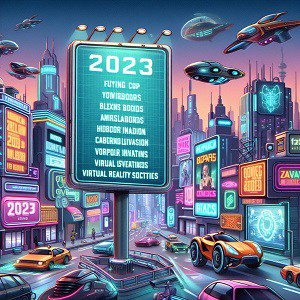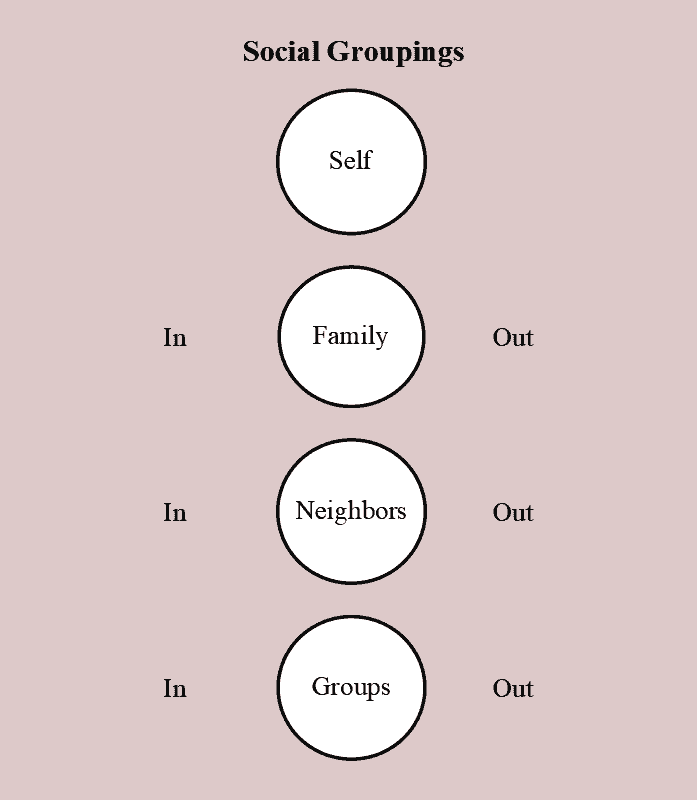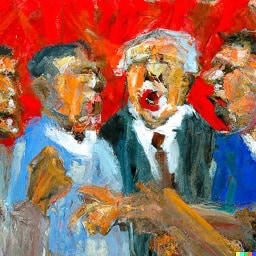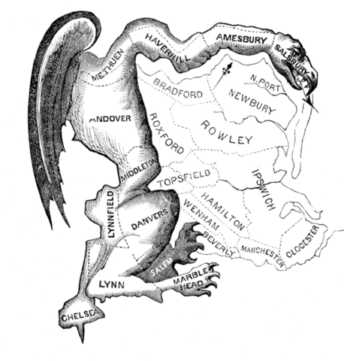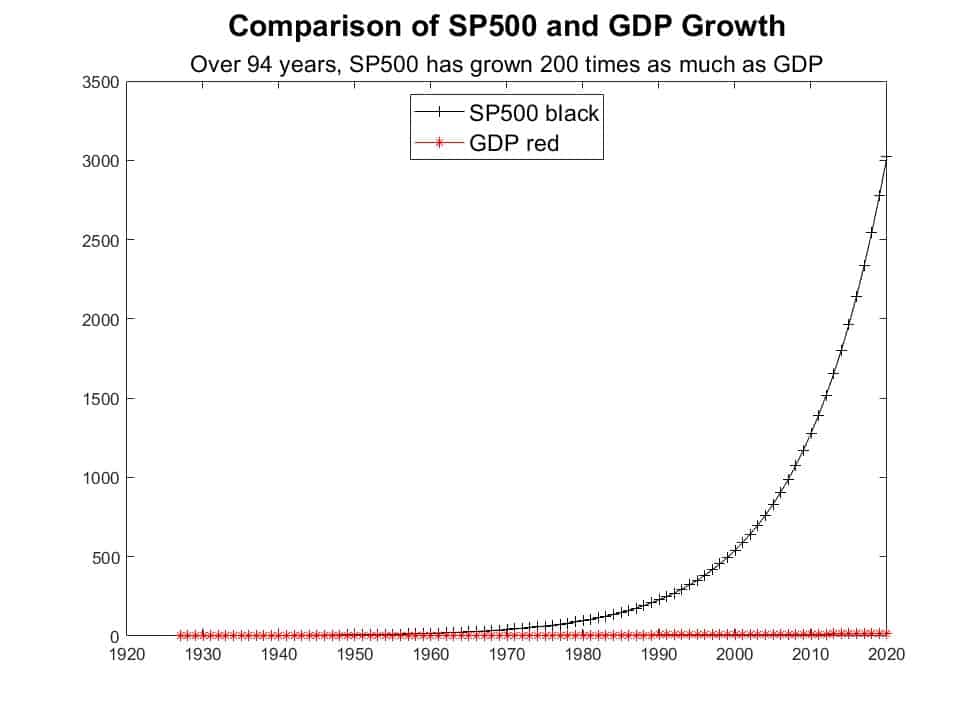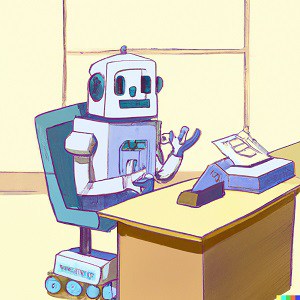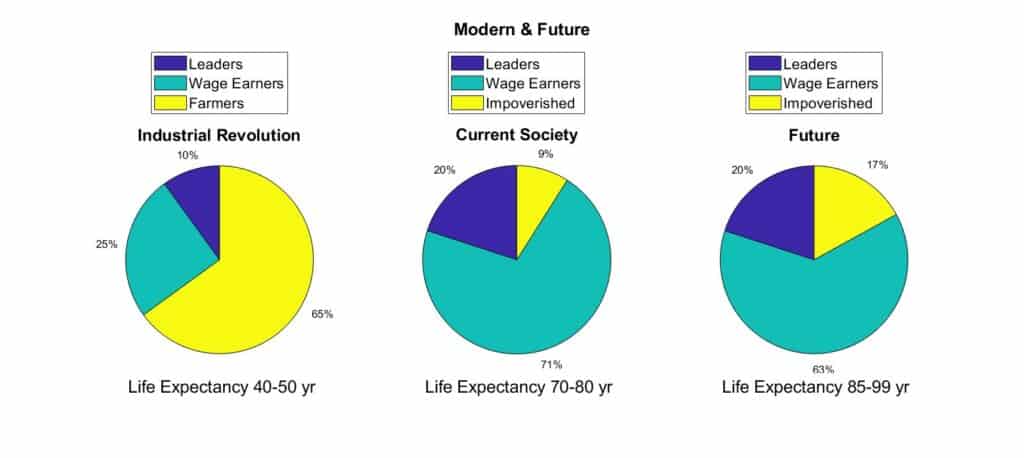Martian Ethics
Normally, when I read a book, I try to make a few notes to remind myself of my reactions to the contents—otherwise, my reactions seep into my general mindset and I have little recollection where they came from. And more importantly, when the book comes up in a discussion, I’ll remember I read it, but can’t say anything interesting about it unless I write a book snapshot.
In the class Ethics in Literature, I used The Martian as my launch pad for ethical issues. This use is quite different than my typical snapshots, so I wanted to preserve it.
Ethical Decisions
In this past semester we studied ethics in literature. We saw Antigone make a moral choice despite its undeniable, deadly consequences. Victor Frankenstein had to grapple with the moral dilemmas that resulted from his overzealous intellectual passions. In The Things They Carried, Tim O’Brien portrayed the difficult ethics of life in a war zone. Katniss Everdeen fought for her life every day in The Hunger Games. How can we take the insights we learn from studying these extreme cases and apply them in our everyday lives?
Martian Ethical Dilemmas

Over this last summer I read the book the Martian. During this semester the movie The Martian premiered. The Martian is Mark Watney. He’s basically Robinson Crusoe on Mars (Weir 7). The crew thought he died, but they were wrong, discovering much later that he didn’t die. Mark had to figure out a way to stay alive on Mars without any help.
If you click on the image (film clip removed from open availability. Substituted Martian-like landscape), The Martian movie clip brings to life the terrible ethical dilemma: a high chance of killing one if nothing is done versus a low chance of killing six if a rescue plan is attempted (Weir 204). It’s similar to the trolley problem, except in The Martian there is no certainty of outcome. In the trolley case, whatever our choice a person or more die (Thomson 428). Here we are presented with a more realistic dilemma. We can only say that the different results are more or less likely. This is uncertainty important in everyday decisions (a graphic presentation of such decision-making factors are presented in the Appendix). There’s two different reasons for this uncertainty. We often do not have complete information—we can’t be certain. Also, a lack of knowledge of causal links removes another plank of certainty.
Ethics on Earth
Let’s talk a bit about the ethics of life’s decisions. Ethics can rove far and wide. John Stuart Mill held that “It is the business of ethics to tell us what are our duties (118).” I want to focus on those duties that involve life-or-death decisions, actions that can change your fate. To be concrete, here’s three such choices—picking a personal car, smoking, and voting.
How can picking a car have an ethical dimension, a life-or-death impact? Let’s listen to what Mark Watney says when he’s placing solar panels on the roof of the rover, “as long as they are secure, I’m happy (Weir 68).” That may be on Mars, but here on earth we worry about style, cost, image, as well as safety. We make trade-offs. I may select a smart car because it is energy-efficient and has a small carbon footprint. You may select an SUV because it is spacious and safer in an accident.
In the cumulative chart above, (created using U.S. Census Bureau Table 1072), in ten years a person has a one in four chance of being in a vehicular accident. You have the possibility of being injured or killed as does any passenger that may be with you and any persons in the vehicle collided with. Your choice of car, an eco-friendly smart car or a roomy SUV with their different inherent safety levels, plays a large role in the injuries you may incur as well as those of your passengers and the fate of those on the other side of the accident. From this vantage point, a choice you may have made years ago has an ethical consequence.
Ethical Stages in a Person’s Life
Your style and self-image are formed early in your life, before your reasoning emerges. In Lawrence Kohlberg theory of ethical development, first we follow our parent’s rules because of fear of punishment, not reasoning. Then as we reach the age of reasoning, we start incorporating societal rules as the basis for our morals, yet we use our reasoning based on our earlier formed ideas to make decisions. Finally, some people, often those with more education, examine those accepted norms and accept or reject them in their own personal ethical hierarchy.
One in five adults smokes (U.S. Census Bureau Table 204). That is a surprisingly large fraction considering that for many years it has been known that cigarette smoking leads to lung cancer and emphysema. Why would people continue to smoke? They must value immediate satisfaction over potential medical problems to come. In The Martian, Mark Watney displays a broader tradeoff between immediate satisfaction and delayed gratification. When he hurts his back, he takes Vicodin to ease the pain (Weir 15). The situation warrants his taking the risk that he develops a reliance on the powerful medication to escape his painful isolation. Yet during this period, he also is on three quarters rations, to delay starvation (Weir 10). Mark Watney adjusts his need for timely satisfaction according to differing situations.
Representatives and Ethics
When we elect representatives, we are giving them the power to make decisions for us. One of the most crucial decisions they make is the declaration of war. People can die—soldiers and civilians as well as fellow citizens and enemies. It is an ultimate ethical decision. And we have delegated to them the power to make that decision for us.
In The Martian film clip earlier, the NASA administrator vetoes the possible rescue mission, because of the danger to more people. He is the official in charge, the properly appointed leader by our elected representatives; however, when the Ares crew finds out about the rescue plan, they decide to ignore the NASA administrator’s veto. Following their conscience is very reminiscent of Antigone in Burial at Thebes (Heaney 9). An important outcome change is at work here. Different agents vie for competing goals. That is a general situation in our complex world (Decision Model places that in context). What we want, other people may want. What we want, other people may want us not to have.
Ethics in Daily Life
In our daily lives, it may seem that we do not have many ethical choices to make. That is often because we following old decisions or reflexively rely on values that we have not examined since our earliest days. Yet act we must. We do act and those acts have ethical dimensions. If we do not consider the ethics (the implicit valuation of life) as reflected in our choices that does not mean that the value of life is not affected by our choice, it means merely that we have not given thought to it.
As Socrates said, “An unexamined life is not worth living (Plato 210).” It is worth our time and effort to use our education and life experiences to decide whether we still agree with our early-learned positions.
Image Citation
Image on Wadi Rum in Syria By Raya Sharbain – Own work, CC BY-SA 4.0, https://commons.wikimedia.org/w/index.php?curid=56845083
Works Cited
Cahn, Stephen M., ed. Exploring Ethics. An Introductory Anthology, 3rd ed. Oxford: Oxford University Press, 2014. Print.
Heaney, Shamus. Burial at Thebes. New York: Farrar, Straus, and Giroux, 2004. Print.
Kohlberg, Lawrence. Villanova course on Leadership Ethics. Web. 02 Dec 2015.
http://www83.homepage.villanova.edu/richard.jacobs/MPA%208300/theories/kohlberg.html
The Martian. Dir. Ridley Scott. 2015. Googlemovietrailers. Twentieth Century Fox Film Corporation. Web.< https://www.youtube.com/watch?v=MVs1I6thz7o&feature=youtu.be>
Mill, John Stuart. “Utilitarianism.” Cahn 114-125.
Plato, The Dialogues of Plato. Chicago: The Great Books, Encyclopedia Britannica, 1971. Print
Thomson, Judith Jarvis. “The Trolley Problem.” Cahn 428-429.
U.S. Census Bureau. U.S. Statistical Abstract : 2012. U.S. Department of Commerce, Web, pdf. 19 Nov 2015. <http://www.census.gov/library/publications/2011/compendia/statab/131ed.html>
Weir, Andy. The Martian. New York: Brown, Little, 2013. Print.
Appendix
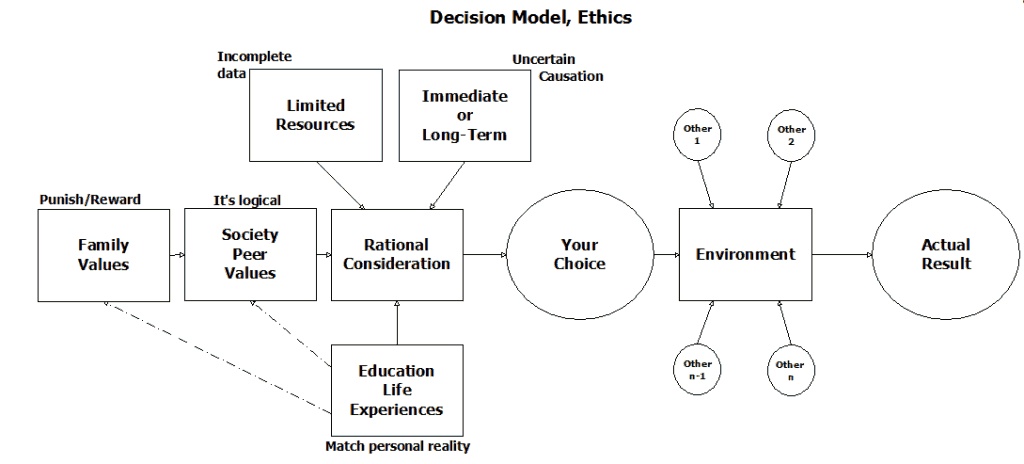
Decision Model with feedback
